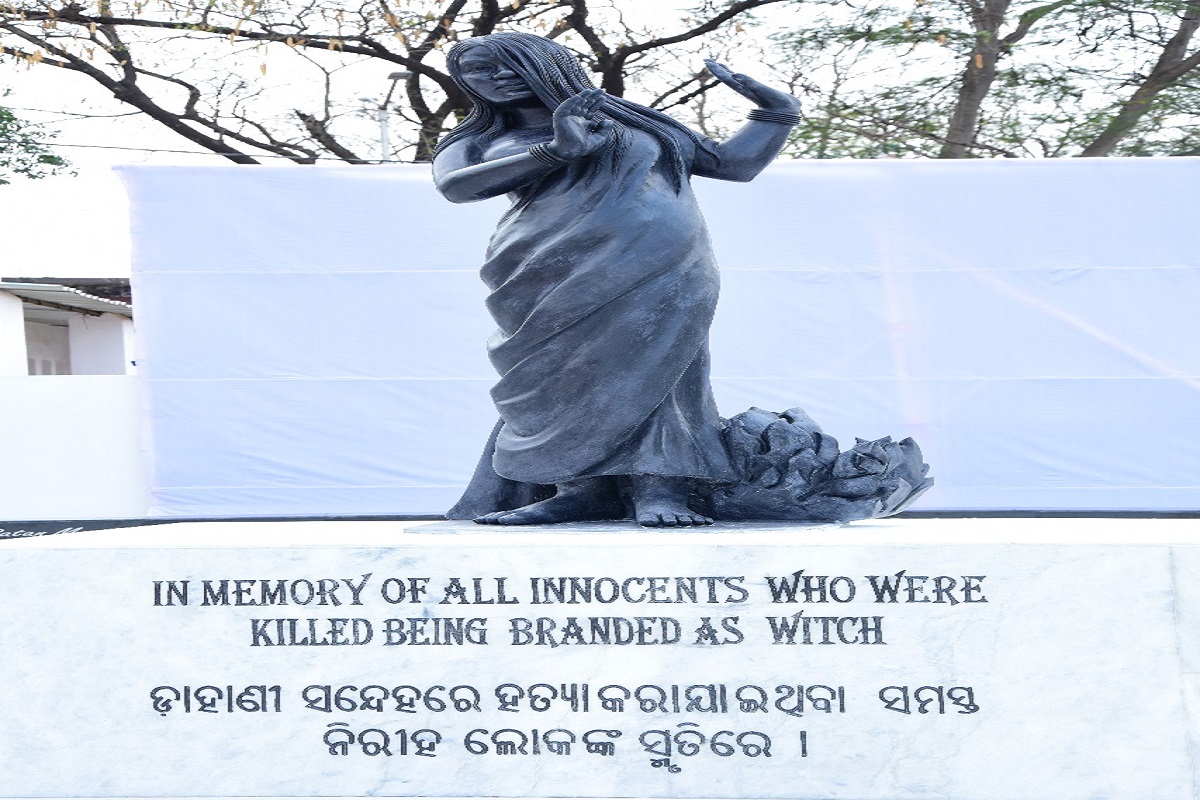There is no letup in witch-hunting cases with 18 persons being killed in 2021 and 362 perishing in last seven years in Odisha despite governmental claims of launching a well-orchestrated sensitization campaign to root out the superstition-bound practice.
The government’s enactment of the Prevention of Witch Hunting Act in 2014 and sensitization campaign to put an end to this practice has failed to yield the desired result with the witch-hunting human toll still rising.
As many as 344 have people lost their lives from 2014 to 2020. With the inclusion of this year’s fatalities, the toll climbed to 362 in the past eight years. These voiceless people were brutally murdered as fellow villagers killed on the suspicion of witchcraft practitioners, said rationalist Debendra Sutar.
The tribal-inhabited pockets of Sundragarh, Mayurbhanj, Nabarangpur, Rayagada, Malkangiri, Keonjhar and Bolangir are the worst hit by witchcraft violence and these districts accounted for 70% of cases registered in these parts
The coastal district of Ganjam also prominently figures among the witchcraft violence-prone pockets of the state.
Witch-hunt prevention act was enforced in the State in 2014. Earlier these were registered under Indian Penal Code provisions.
Superstition is the root cause of sorcery practice. The practice is giving rise to violence. Apart from people being mercilessly murdered under suspicion of practicing witchcraft, there are innumerable instances of victims being brutally tortured and ostracized from the villages altogether.
Most of these cases go unreported and are never brought to the notice of law-enforcing agencies.
The government has formulated a composite action plan to prevent witch hunting involving training, sensitization. However the action plan has been implemented halfheartedly. The panchayatiraj representatives, schools and mass education department, Information and public relation department, department of culture besides health and family welfare department need to be actively involved in the action plan to curb the evil practice, he added.











